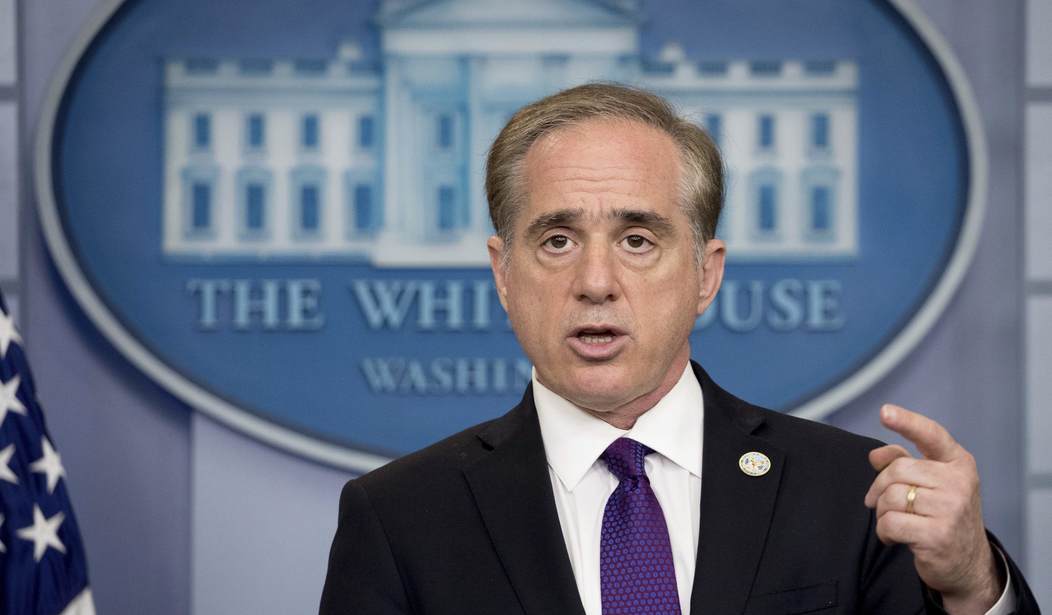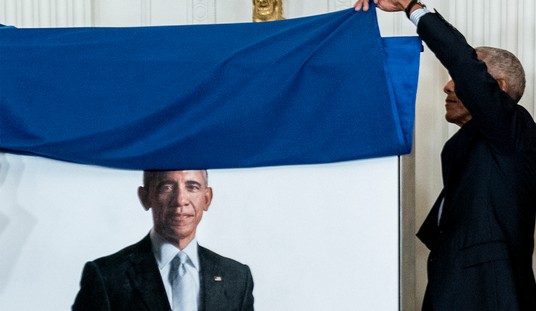WASHINGTON – Veterans Affairs Secretary David J. Shulkin said on Wednesday that it might take about another decade to start dealing with a backlog of 470,000 legacy appeals claims for VA benefits.
Between 2015 and 2017, the number of pending appeals ballooned from 380,000 to 470,000, and the average wait time on appeals now stands at about five years. Shulkin appeared Wednesday before the Senate Committee on Veterans’ Affairs, where he made his case for a 5.5 percent year-to-year increase in discretionary funding ($82.1 billion) included in the president’s 2018 budget request of $186.5 billion.
The increase, Shulkin said, will help the VA add 142 more staff to the Board of Veterans Appeals. That increase along with the Veterans Appeals Improvement and Modernization Act, a bipartisan piece of legislation projected to shorten appeals wait times from five years to 125 days, will allow the VA to begin expediting existing claims before the board.
The agency is looking at 2026, however, before addressing the backlog in legacy claims, he said. Shulkin explained that the VA is going to have to “whittle away on them,” and hesitantly revealed to committee Chairman Johnny Isakson (R-Ga.), who introduced the legislation, that it would take $800 million to address the backlog immediately. Shulkin said that veterans with existing claims would be able to opt into the modernized appeals process, allowing for expedited service.
“So that is my hope to be able to accelerate the backlog, to encourage veterans, who unfortunately right now, would have to wait years to get decisions to opt into the new process,” Shulkin said.
Isakson thanked Shulkin for his honest answer that there is no process in place for addressing the legacy claims, before noting that the oldest legacy claim on record is 25 years.
“Eventually he’ll die, and we’ll get that one solved,” Isakson said.
“We share that frustration,” Shulkin said. “I find it really difficult to tell people who have submitted into the appeals process that they have six years to wait on average to get a response.”
Shulkin initially balked at offering the $800 million figure, explaining to the chairman that he probably didn’t want to know. Isakson said that everything the committee does will “pale in comparison to the hell we’re going to catch if it’s going to cost $800 million to handle those claims before 2026.” He said anger and frustration over the appeals process will only grow louder and deeper, and the VA has an obligation to honor veteran benefits.
The Veterans Appeals Improvement and Modernization Act has 26 cosponsors, including 15 Republicans and 11 Democrats.
Wednesday’s budget hearing took place a day after the House passed the Veterans Affairs Accountability and Whistleblower Protection Act, which expedites the VA’s process for firing underperforming employees and ensures amnesty for agency whistleblowers. The Senate passed companion legislation last week, so the bill is now poised for a presidential signature.
Rep. Darrell Issa (R-Calif.) praised the bill’s passage as an important step in cracking down on bad employees who fail to put veterans’ care first. Sen. Dean Heller (R-Nev.), who helped introduce legislation in the Senate, said the bipartisan, bicameral effort will lead to accountability at the VA.
Shulkin noted during Wednesday’s hearing that the agency has recently removed two failing medical center directors, as well as three other senior-level administrators. The VA dismissed the director of the D.C. Medical Center in April after an inspection revealed 194 reports of patients being put at risk because the facility lacked proper surgical equipment and other issues. Also in April the VA fired the director of a facility in Shreveport, La., for “general misconduct,” alleged wait-list cover-ups and general substandard conditions.
“We simply will not tolerate employees who act counter to our values or put veterans at risk,” Shulkin said.









Join the conversation as a VIP Member